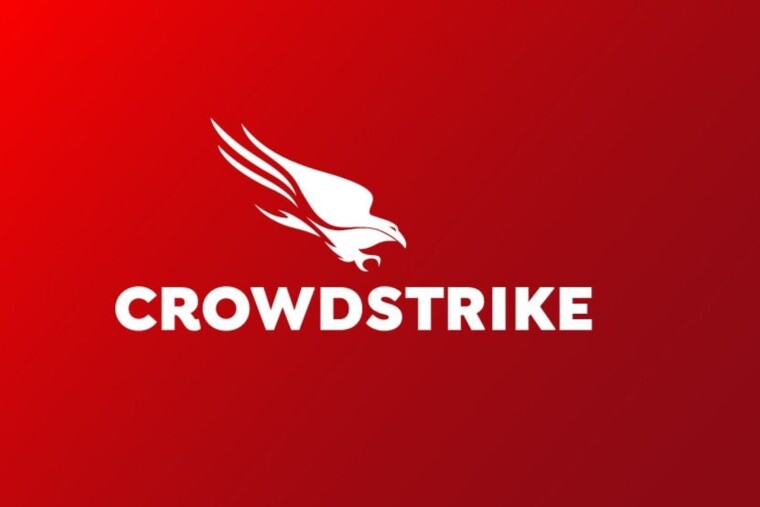A widespread Blue Screen of Death (BSOD) issue on Windows PCs disrupted operations across various sectors, notably impacting airlines, banks, and healthcare providers. The issue was caused by a problematic channel file delivered via an update from the popular cybersecurity service provider, CrowdStrike. CrowdStrike confirmed that this crash did not impact Mac or Linux PCs.
It turns out that similar problems have been occurring for months without much awareness, despite the fact that many may view this as an isolated incident. Users of Debian and Rocky Linux also experienced significant disruptions as a result of CrowdStrike updates, raising serious concerns about the company’s software update and testing procedures. These occurrences highlight potential risks for customers who rely on their products daily.



Because their clients don’t ask them about Debian. They ask about RHEL, Ubuntu, and Amazon Linux
That’s a bold assumption for a global enterprise software company. Especially one that doesn’t exclusively target IaaS environments.
I’m not saying “literally none of their clients ask about Debian” I’m just saying it’s not having the market penetration the others do because the kind of corp that pays for crowd strike is also the kind of corp that wants to pay another corp (Like IBM, Oracle, or Canonical) for certain stability and liability coverages
There are probably more authoritative sources that have performed similar surveys or studies, but this was a recent one.
https://www.openlogic.com/blog/top-enterprise-linux-distributions
It was also the first relevant result that I clicked on, and it more or less lined up with my own anecdotal experiences working with a very diverse assortment of businesses, SMB through large enterprise.
If you don’t want to click on that link, or read through it, here is a graph with the results:
Largish enterprise heavily using Debian, just 1 data point here but we do exist.